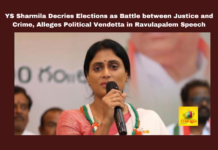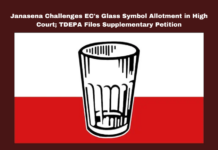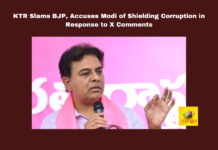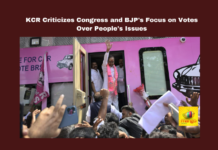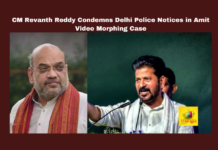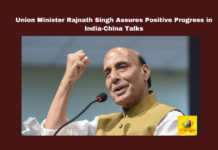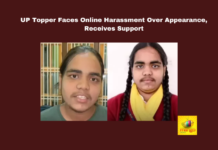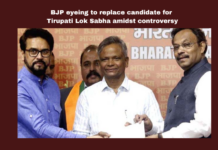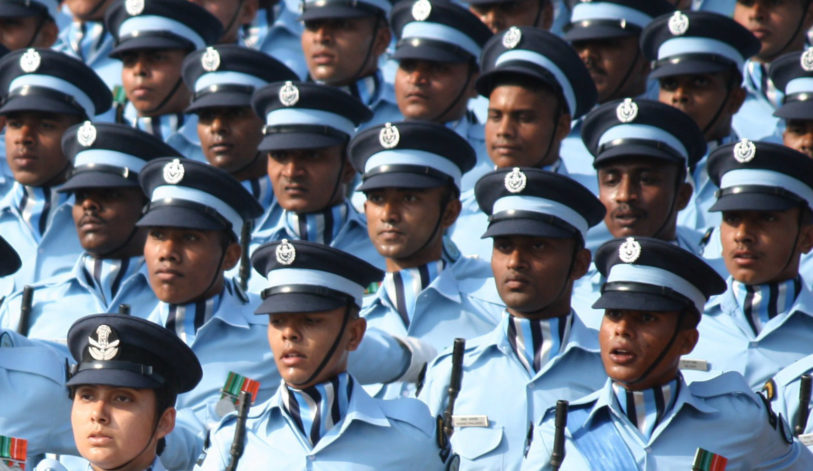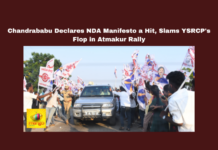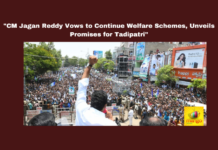The Supreme Court passed a law on Thursday stating that none of the Indian Air Force officers can have a beard on religious grounds. Cheif Justice T.S. Thakur said that this decision to not let any community sport a beard does not interfere with Fundamental Rights. The bench, headed by Cheif Justice T.S. Thakur comprised Justice D.Y. Chandrachud, Justice L. Nageshwara Rao dismissed a plea by two Muslim IAF Personnel in regard to sporting a beard. The IAF officers earlier approached Delhi High Court in regard to the same, where their pleas were dismissed.
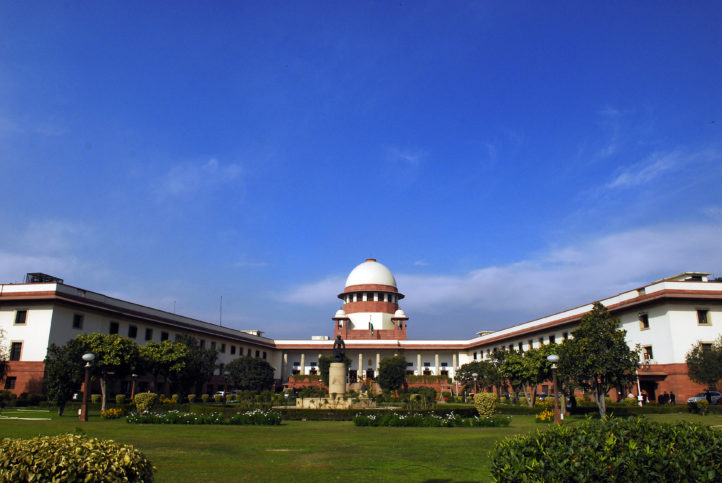

IAF officers, Mohammed Zubair and Ansari Aftab Ahmed challenged the IAF authorities ‘confidential’ order of February 24, 2003, that prohibits Muslim IAF personnel from sporting a beard. In regard to this, the apex court rejected their pleas stating all communities are inclusive of the law that prohibits wearing of a beard.
The petition Zubair filed, claims that the order contradicts the Fundamental Rights of the citizen. Also, a letter issued but the Home Ministry on 18 July 1990, states the Home Minister’s permission for the Armed Muslim and Sikh personnel to sport a beard on the basis of religious belief if prior permission was granted by the authorities.
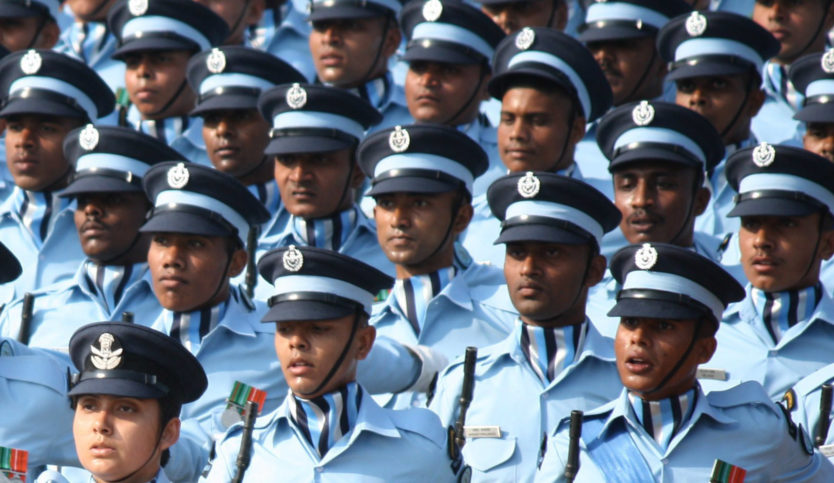

The Centre said that the order passed by SC was for unity in the defense forces and also has security reasons. It also said that these laws are of a secular character and not to govern any personnel by their religion. The IAF does not discriminate any caste, creed, color or religion and promotes brotherhood among all personnel.
Both the petitioners first put their petition in Delhi High Court in front of a single judge stating all the scriptures of Muslim religious text. When the HC dismissed the plea, they appealed to the bench of judges in SC, where they were given a similar result.




